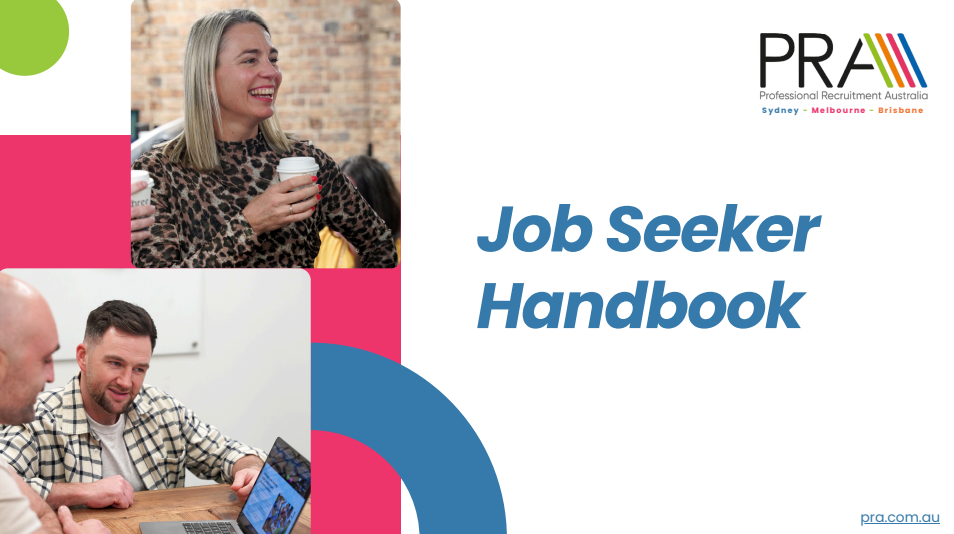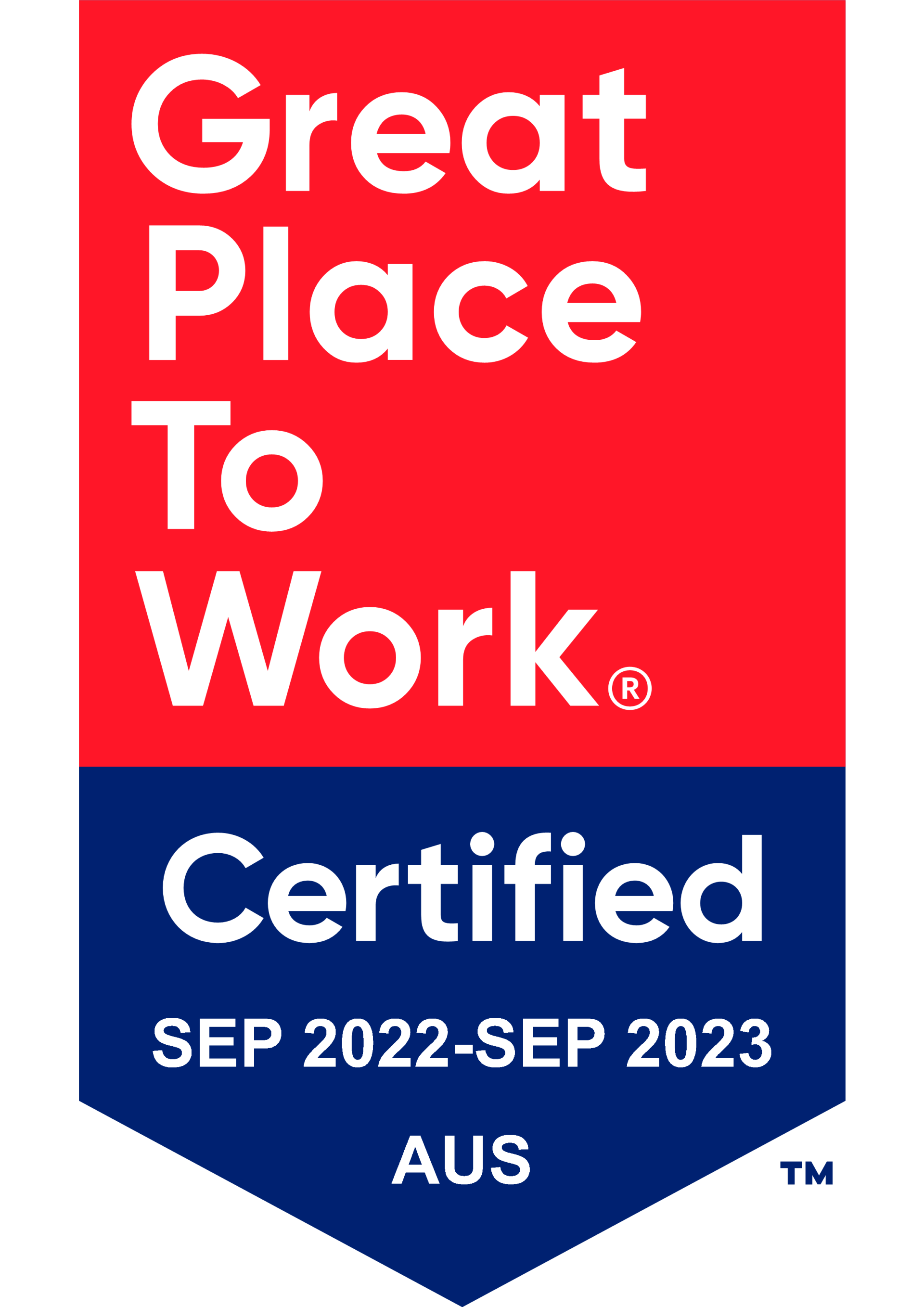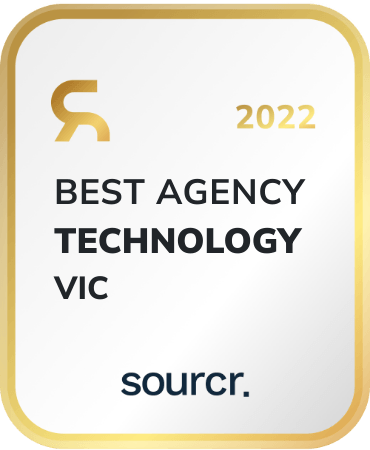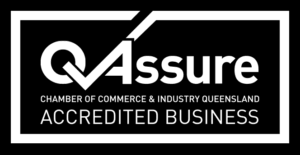Women In Leadership | An Interview with Quanchai Burns
From Physiotherapist to Senior Portfolio Director at Allianz, we caught up with Quanchai Burns about her journey into leadership.
Career
Quanchai started out her career as a Physiotherapist and fancying a change of scenery, discovered insurance. She joined QBE at the start of a major transformation of their Workers Compensation division, which centred on delivering great outcomes for injured workers and employers whilst driving commercial performance.
As a member of a pilot team, Quanchai effectively worked as a change agent to roll out and embed the change across the division. The practical on the job experience enabled her to grow her foundational technical and leadership capabilities. This really sparked her interest in change management and led her to complete a Change Management qualification and ultimately a full Executive MBA. Since then, she has performed various senior strategy and planning executive roles within QBE, IAG and now at Allianz where she is the Senior Portfolio Director for the largest customer-facing division.
A common question for Quanchai is "how did you move from Physio to Corporate?" Although it is not the most obvious career move, she explains that the core capabilities of problem-solving and stakeholder management are transferable skills that are equally relevant in both the health and corporate settings. As a Physio, she would seek to perform a differential diagnosis for a new patient to determine an appropriate treatment regime. Similarly, a strategic review of an organisation requires a hypothesis-based approach. Evidently, you should expand your thinking regarding your possible career options.
Family Life
Quanchai is a working mother with a 9-year-old daughter. When her daughter was born, she took two years out of her career and returned to work part-time after this. It was important to her to prioritise her family life at this stage - a mentor had once said to her “your children will never write an epitaph saying that you spent too much time with them”. She highlights that for every parent, the decision whether to step out of your career for a period is a very personal choice based on your own preferences and circumstances.
Quanchai has been fortunate to work for organisations, including Allianz that are committed to diversity and inclusion, and has been able to flexibly balance her role as a parent with her career. However, she does acknowledge that unconscious bias can still impact career progression for working mothers more broadly across the corporate sector. Her advice for mothers is to:
- Take ownership for managing your career
- Discuss your career goals with your leader before and after your maternity leave
- Continue to invest in your capabilities to remain relevant in your field
- Research companies that support modern, flexible work practices for working parents.
Leadership
Whilst on an Executive Leadership Program several years ago, Quanchai had the opportunity to interview board members and C-suite executives on the topic of leadership and their leadership journeys. The interviews with leaders across different sectors and industries highlighted some common themes and traits including:
- Being passionate about what you do
- Continue to learn throughout your career and hone your craft
- Every single leader demonstrated resilience to setbacks along their journey.
Qualities in a Leader that Quanchai particularly admires are integrity, the ability to inspire and motivate others, as well as the ability to develop others as leaders.
Teams
Quanchai has a diverse team and hires for talent and cultural fit. In constructing a high performing team, she looks for diversity of thought, intrinsic motivation and emotional intelligence rather than basing her hires on demographic factors.
Mentors
Quanchai has had many mentors throughout her career, from formal mentorship programmes to less formal mentoring relationships with her managers and other senior executives. Learning from the wealth of experience offered by others and seeking feedback has been the key to driving step changes in her performance. She believes the relationship you have with your manager is one of the most important, as they are going to help you to build your brand and provide you with opportunities to grow. At all levels of her career, she has had an ongoing journey of learning and she doesn’t believe that should stop.
Something she doesn’t think women do well is to seek sponsors, who will advocate for your career progression. It seems to be a common theme that many women will wait for recognition or have to be encouraged to take the next step in their career.
Challenges
Quanchai has faced different challenges at different stages of her career. Early on it was all about deepening your technical expertise, learning the ropes, learning agility and having a passion for what you do. As she moved up the ranks broader “T-shaped skills”, emotional intelligence and being able to navigate an organisation became increasingly important. As a working parent, flexibly managing the demands of being a parent and senior executive is an ongoing balancing act that requires disciplined prioritisation and the occasional reminder to be kind to yourself.
Advice
- Be resilient, your career is a marathon and not a sprint
- Recognise and play to your strengths
- Don’t be afraid to seek out help and find both mentors and sponsors
- Prioritise so that you can work smart rather than hard
- Ask for help when you need it
- Back yourself
Quanchai is a thoughtful leader with an obvious passion for developing teams, it was a pleasure speaking with her about her career in Insurance.


